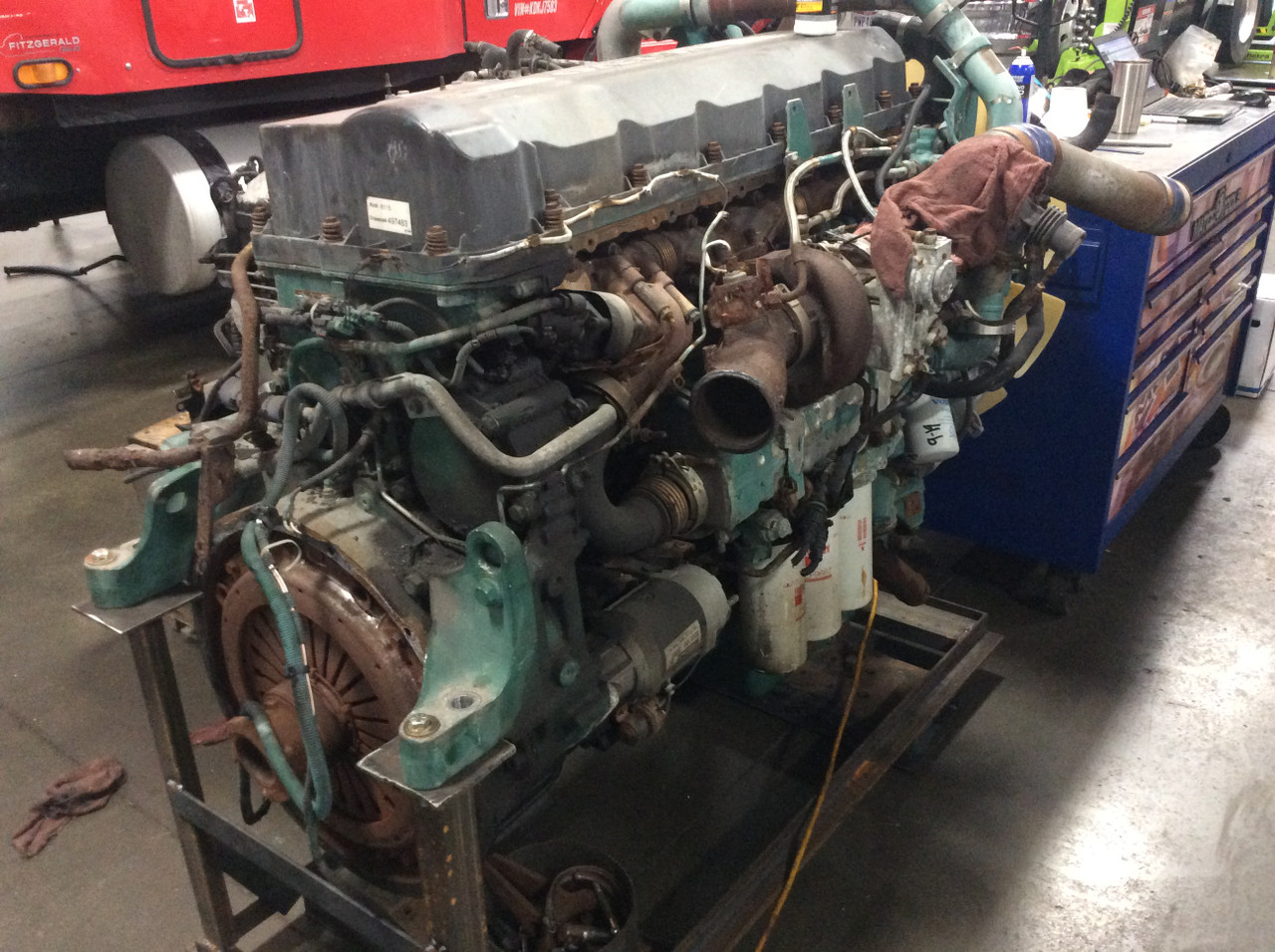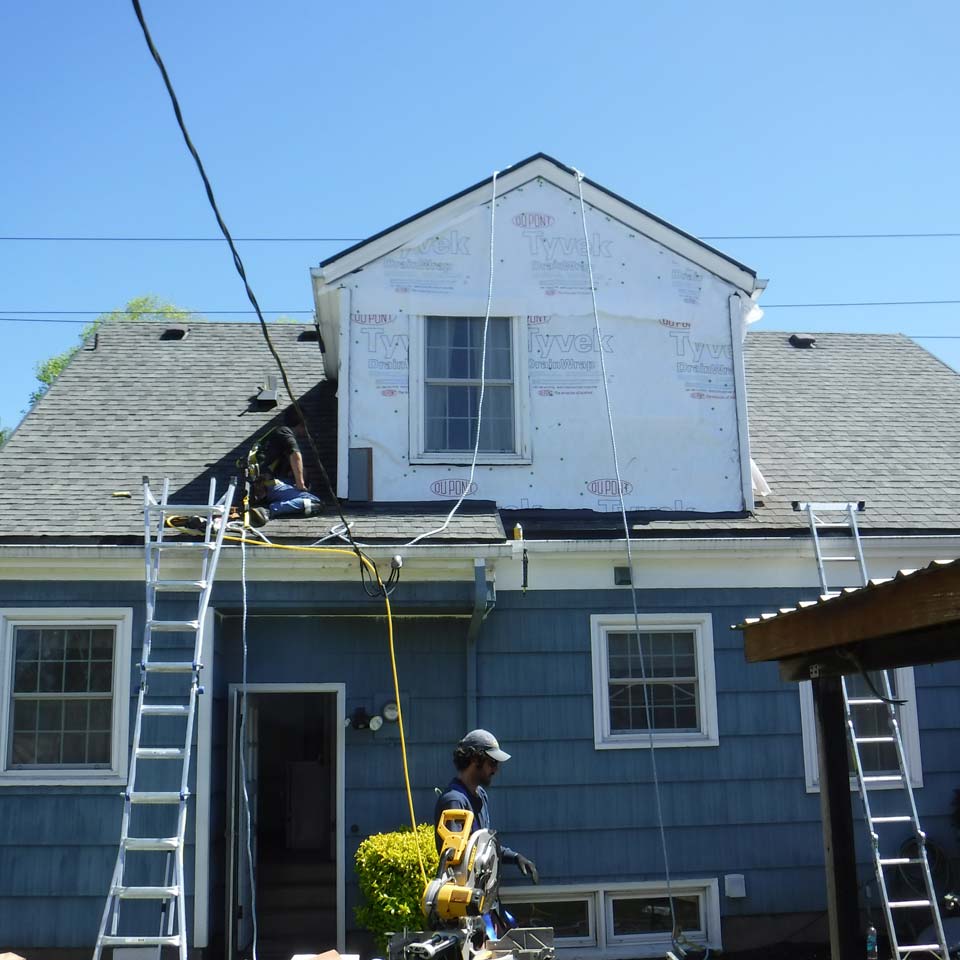A relationship breakup is one of the most emotionally challenging experiences a person can go through. Whether it ends suddenly or after a long decline, the pain can feel overwhelming, leaving behind sadness, anger, confusion, and sometimes even relief. The truth is, no matter the circumstances, a breakup forces us to confront deep emotions and rediscover who we are outside of the relationship. At Hearts & Minds Development, we believe that while heartbreak is painful, it can also become an opportunity for healing, growth, and inner peace.
In this article, we will explore eight essential secrets to finding inner peace after a relationship breakup. These strategies are designed to help you release emotional baggage, rebuild your confidence, and create a healthier mindset for the future.
Understanding the Impact of a Relationship Breakup
Before diving into healing strategies, it’s important to acknowledge the profound impact of a relationship breakup. The end of a romantic bond can trigger feelings similar to grief, as it represents the loss of shared dreams, routines, and emotional intimacy. This is why many people experience stages of denial, anger, sadness, and acceptance.
Recognizing the emotional weight of a breakup allows you to approach the healing process with compassion for yourself. Instead of rushing through the pain, giving yourself permission to feel these emotions is the first step toward inner peace.
1. Accepting the Reality of the Breakup
The first secret to inner peace lies in acceptance. Many people resist the reality of a breakup, replaying conversations or imagining different outcomes. While reflection can be healthy, dwelling on “what ifs” only prolongs the pain.
Acceptance does not mean approving of what happened or dismissing your feelings. Instead, it means acknowledging that the relationship has ended and choosing to redirect your energy toward healing. This mental shift opens the door to growth and helps reduce emotional resistance.
2. Allowing Yourself to Grieve
Grief is a natural response to loss, and a relationship breakup is no exception. Suppressing your emotions or pretending to be “strong” often backfires, leading to unresolved feelings that resurface later.
Allowing yourself to cry, journal, or talk to someone you trust provides an outlet for these emotions. Grieving does not make you weak—it makes you human. By processing sadness and anger fully, you prevent emotional buildup and clear the path toward peace.
3. Prioritizing Self-Care
During the aftermath of a breakup, it is easy to neglect yourself. Yet, self-care is one of the most powerful tools for healing. Taking care of your body through exercise, healthy meals, and adequate sleep creates a foundation of physical stability that supports emotional recovery.
Equally important is nurturing your mental well-being. Mindfulness practices, meditation, or simply spending time in nature can help calm your mind and bring clarity. Self-care is not selfish—it is essential for rebuilding inner strength after a breakup.
4. Rebuilding Self-Worth
A relationship breakup can leave you questioning your value, especially if rejection or betrayal was involved. It’s important to remember that your worth is not defined by another person’s choices.
Start by affirming your strengths and achievements, no matter how small they may seem. Rediscover old passions or hobbies that bring you joy. Engaging in activities that highlight your skills helps restore confidence and reminds you that you are whole and valuable on your own.
5. Setting Healthy Boundaries
After a breakup, blurred boundaries with an ex-partner can hinder healing. While it may be tempting to maintain constant contact, this often reopens wounds and prevents closure.
Creating healthy boundaries—such as limiting communication, unfollowing on social media, or avoiding shared spaces when possible—gives you the emotional distance you need. Boundaries are not about punishment; they are about protecting your mental and emotional well-being.
6. Seeking Support When Needed
One of the most overlooked aspects of healing from a relationship breakup is the importance of support. Isolation can intensify feelings of loneliness, while sharing your experiences with friends, family, or a professional coach creates relief and perspective.
At Hearts & Minds Development, we specialize in guiding individuals through these transitional periods. A relationship coach can help you uncover limiting beliefs, reshape negative thought patterns, and provide tools for building resilience. Seeking support is a sign of courage, not weakness.
7. Embracing Forgiveness
Forgiveness is often misunderstood in the context of a relationship breakup. Forgiving does not mean excusing harmful behavior or reconciling with your ex. Instead, it means releasing the emotional grip that resentment has on you.
Holding onto anger or blame keeps you tied to the past. By choosing forgiveness—both toward your ex and yourself—you free up emotional energy that can be redirected toward personal growth and future happiness.
8. Focusing on the Future
The final secret to inner peace is shifting your focus from the past to the future. A breakup marks the end of one chapter, but it also provides a blank page for new beginnings.
Set small, achievable goals that bring excitement back into your life, whether personal, professional, or social. Visualizing the kind of life and relationships you want moving forward keeps you motivated and optimistic. By embracing this forward-looking mindset, you create space for healthier connections and more fulfilling experiences.
Finding Peace After a Relationship Breakup
A relationship breakup will always bring some degree of pain, but it doesn’t have to define you. By accepting the reality, allowing yourself to grieve, prioritizing self-care, and focusing on forgiveness and the future, you can transform heartbreak into an opportunity for growth.
At Hearts & Minds Development, we believe every ending can become a powerful new beginning. Healing takes time, but with patience and compassion, you can find peace, regain your strength, and open your heart to brighter possibilities. All categories and top stories are displayed right on the homepage.
Frequently Asked Questions (FAQs)
How long does it take to heal after a relationship breakup?
Healing time varies for everyone. Some may feel better in a few months, while others take longer. What matters most is focusing on self-care and allowing yourself to process emotions.
Is it okay to stay friends with an ex after a breakup?
It depends on the situation. For some, staying friends can work if both parties have healed, but for others, it may prevent closure. Setting boundaries is essential.
Why do breakups hurt so much?
A breakup feels painful because it triggers a sense of loss, rejection, and uncertainty. It affects both emotional and physical well-being, which is why intentional healing is necessary.
Can a relationship coach help after a breakup?
Yes. A relationship coach provides guidance, tools, and emotional support to help you process your feelings, rebuild self-worth, and move forward with clarity.











Leave a Reply